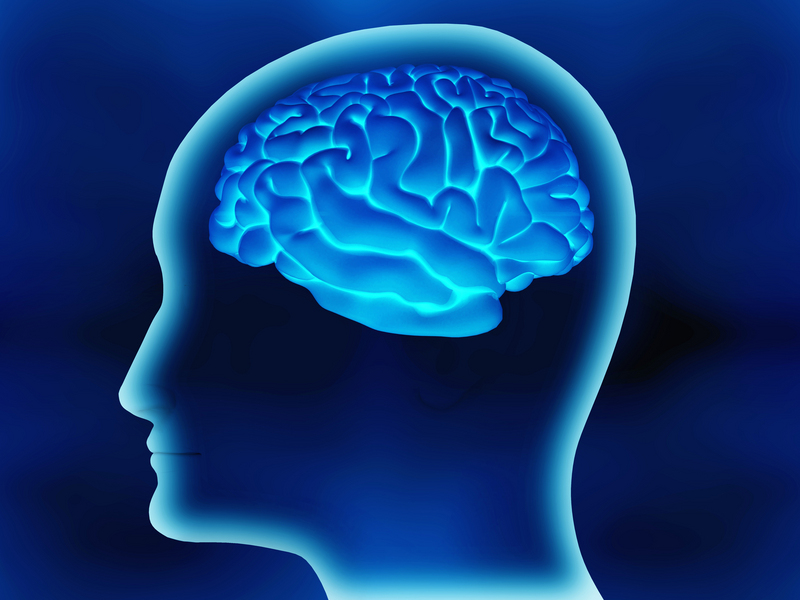 As I repeatedly tell clients, brain injuries often go undiagnosed following car wrecks or other accidents because doctors don’t usually know you well enough to make a pre-injury and post-injury comparison of your intelligence, emotional well-being, and general personality. As a result, it’s often up to you or your family members to notice the symptoms of a brain injury and convey those to medical providers so you get the best care possible. But to do that, you need to know the symptoms of brain injuries. This series is designed to help you do that.
As I repeatedly tell clients, brain injuries often go undiagnosed following car wrecks or other accidents because doctors don’t usually know you well enough to make a pre-injury and post-injury comparison of your intelligence, emotional well-being, and general personality. As a result, it’s often up to you or your family members to notice the symptoms of a brain injury and convey those to medical providers so you get the best care possible. But to do that, you need to know the symptoms of brain injuries. This series is designed to help you do that.
The fist set of symptoms that many people notice are the cognitive symptoms. The major cognitive issues that are associated with brain injuries are as follows:
General Intelligence. This is difficult to quantify without proper testing, but many people suffering from brain injuries feel that they have lost intelligence compared to their pre-injury intelligence.
Memory Issues. The memory issues associated with brain injuries take many different forms. The most common memory issues are post-traumatic amnesia, short -term memory problems (not remembering what you’re doing, not remembering your typical tasks, etc.) and long-term memory problems.
Attention Span and Working Memory. Many victims of brain injuries also have more difficult paying attention to things, especially for longer periods of time, and they have difficulty with working memory — the short-term memory needed to process tasks. These deficits can be tested through tests that show the person shapes or various patterns and then ask the person to recall those same shapes and patterns a few moments later.
Reaction Time. Numerous studies have found that persons with brain injuries have a slower reaction time to different events. The reaction time becomes worse when the task is more difficult, the person has more information leading to information overload, or the person is fatigued. Again, this is a symptom that is difficult to quantify without proper testing.
Spatial Cognition Issues. Brain injured persons might recognize spatial cognition issues in terms of getting lost, not remembering where objects were placed or put, and not understanding directions.
There are other cognitive issues that can arise, but these are the most popular that we see. Unfortunately, one problem of brain injuries is that there is a well known phenomena that injured persons are often unaware of these deficits. Therefore, it’s critically important that friends or family members pay attention for these symptoms.